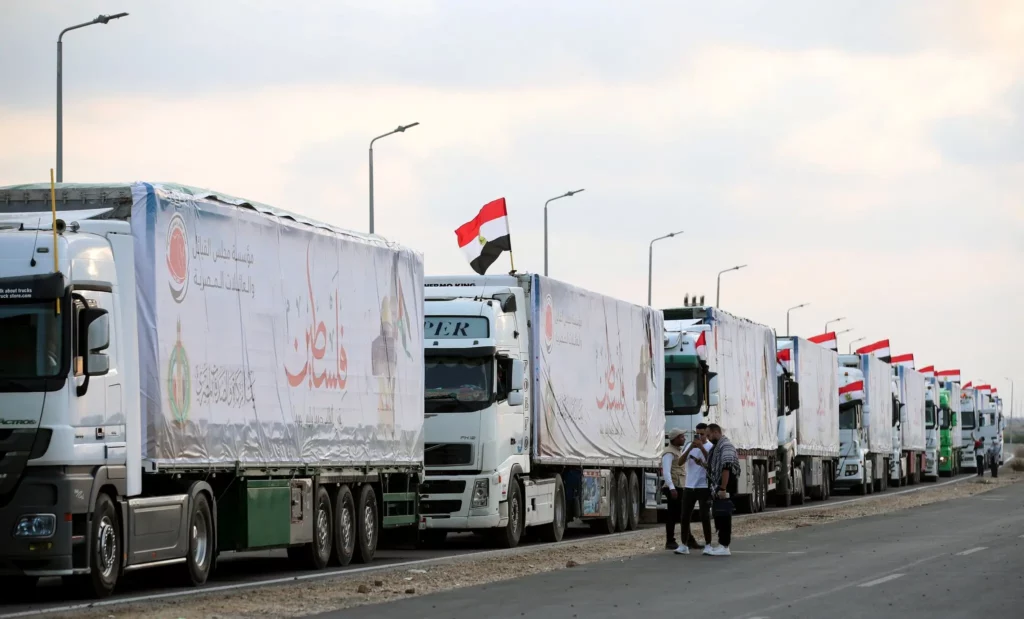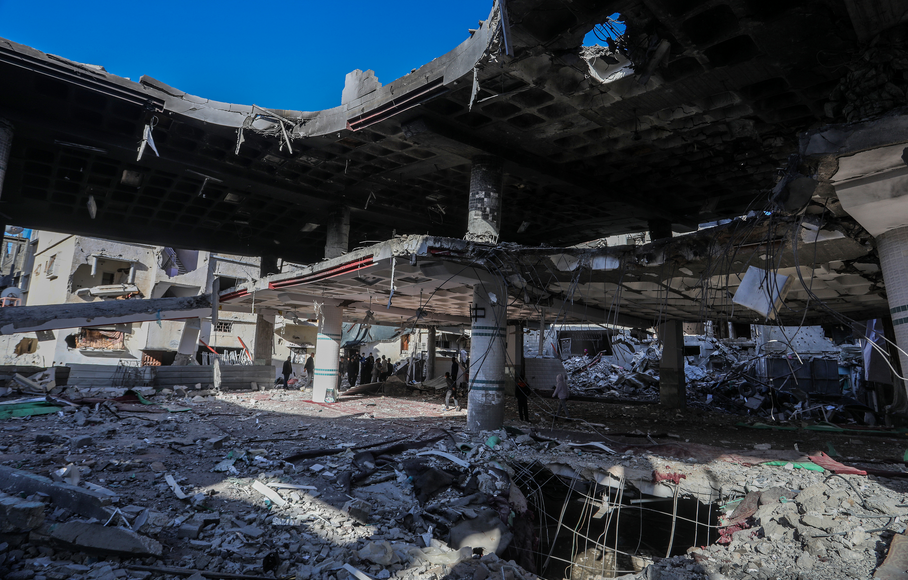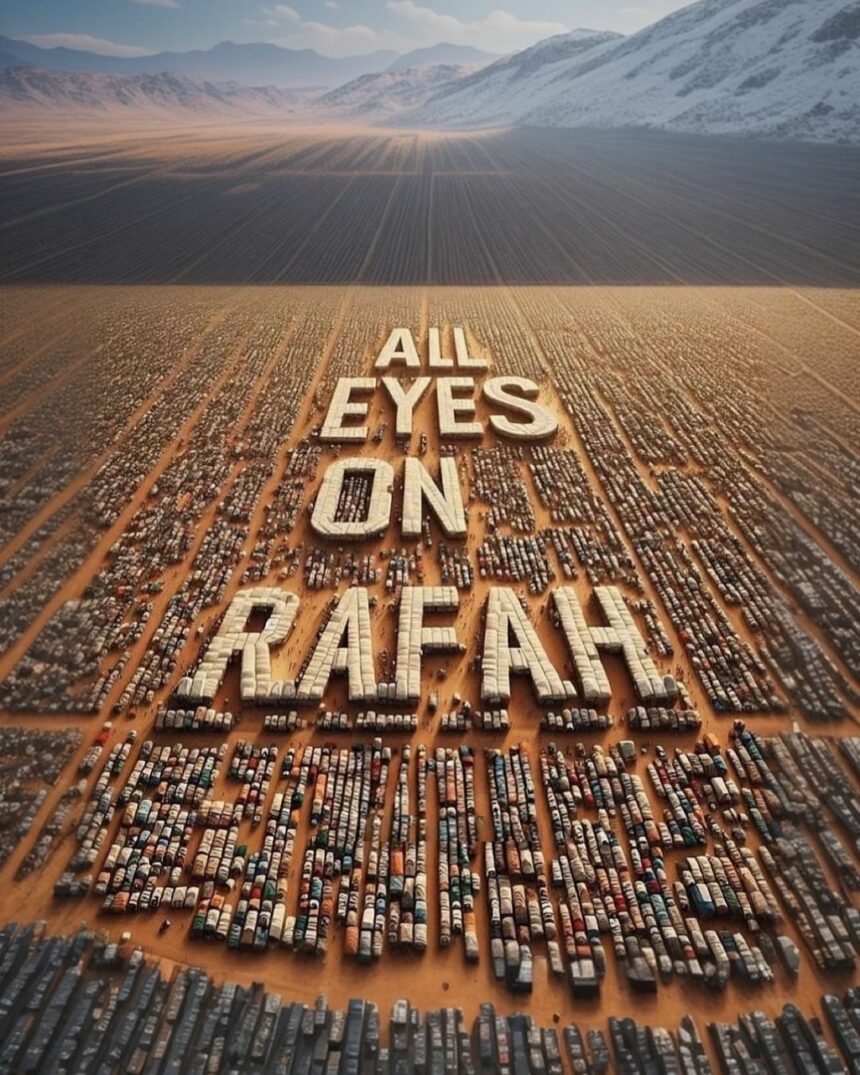In a harrowing turn of events, the International Court of Justice ordered Israel to cease its operation in Rafah, yet days later, a tragic airstrike hit a tent camp in the region, killing more than 45 displaced people. The incident has sparked worldwide condemnation and a wave of protests, both online and offline. Social media, particularly Instagram, has become a crucial platform for raising awareness about the escalating crisis in Gaza.
One Instagram story, with the caption “All eyes on Rafah,” has gained unprecedented traction, amassing over 10 million shares. The story has become a symbol of solidarity and a rallying cry for justice, as people from around the world express their outrage over the ongoing violence. The viral spread of this story underscores the power of social media in mobilizing public opinion and shedding light on critical issues.

The airstrike on Rafah, which the Israeli Prime Minister Benjamin Netanyahu described as a “tragic mistake,” has drawn fierce backlash. Reports from the ground describe a horrific scene, with people, including children, killed and bodies dismembered. Pictures of wounded civilians have been published, further fueling the global outcry. Although no pictures of babies without heads have been shown, accounts of the devastation have intensified calls for action. In Rafah, the power is out, and residents are using flashlights to search through the rubble for survivors.
Protests have erupted on American campuses and other parts of the world, with demonstrators calling attention to what the International Criminal Court has labeled genocide. In the United States, universities have seen significant demonstrations, and a recent protest in Paris saw multiple celebrities showing their support, even during the Cannes Festival. These protests highlight the growing international concern and the call for immediate action to protect civilians in Gaza.

However, the dissemination of this content on social media platforms like Instagram has faced significant challenges. Instagram and other social media sites are classifying posts related to the conflict as non-safe, leading to the suppression of their shareability. Comments such as “Free Palestine” are being automatically hidden, further enraging users who feel their voices are being silenced.
Despite these obstacles, the “All eyes on Rafah” campaign has shown the resilience of digital activism. People continue to find ways to share information and raise awareness about the dire situation in Gaza. The campaign’s success on Instagram highlights the platform’s role as a powerful tool for social justice, even in the face of censorship and content moderation policies.
The global response to the Rafah airstrike and the ensuing social media movement underscore the urgent need for international intervention and a reevaluation of content moderation practices on social media platforms. As the conflict in Gaza continues, the world watches closely, with all eyes indeed on Rafah.






